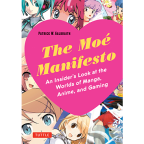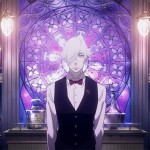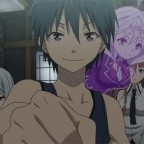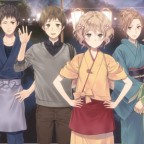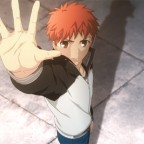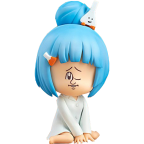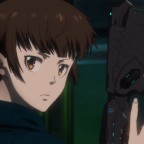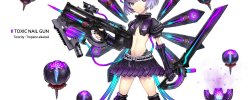Attack on Titan season 3 review
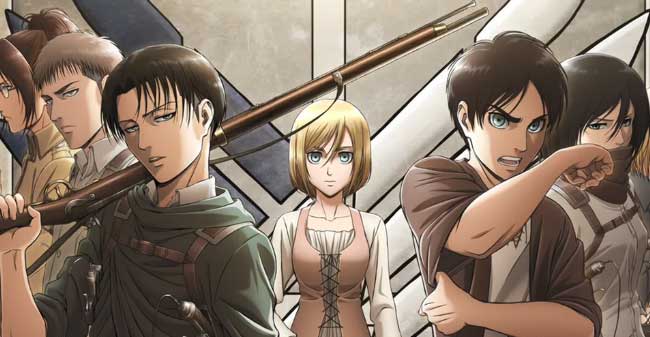
Attack on Titan’s first season was an explosion of violence, horror and death. It came following a few years in which the anime community was very much preoccupied with moe-centric shows and took the viewers by surprised due to its intensity and unapologetic tragic nature. In was shocking, it was cool, and people couldn’t get enough of it. But the first season did have a couple of major flaws. The main characters were one dimensional, the truth about the Titans was left intentionally hidden and a lack of budget in the latter episodes meant that some episodes did not live up to the standards set by the rest of the season. The second season was paced better and did not suffer from budget issues. It still had good action, with plenty of horrifying Titans roaming around, and exposed more of the outer world. It did not, however, attempt to flesh out the characters nor did it answer most of the questions raised in the first season. So when the third season came along I lowered my expectations and prepared myself for more mindless action. Luckily I was wrong. Instead of another action-packed season I found myself watching something different. A distinct season that sets different priorities when compared to those that came before it.
The third season of Attack on Titan does away with the Titans in favor of character development and world-building. Not having Titans around for most of the season and basing most of the story on discussions (and a few fights) between the regular humans was a big risk to take, but in the grand scheme of the show it paid off nicely. The source of Eren’s powers, Krista’s importance, and the reason why the people behind the walls are so ignorant to the outside world are all explained to a satisfying degree. Some plot elements are still shrouded in mystery to make sure that we are hungry for more, but this time around it is done in good taste.
This season is an incremental improvement when it comes to character development. The good news are that some main characters finally get a worth-while story arch to flesh out their backgrounds. Short retrospectives into Levi and Erwin childhood reveal their reasons for joining the front lines. I found Erwin’s story to be more rewarding than Levi’s (who’s childhood is somewhat of a cliché), but both Erwin’s and Levi’s retrospectives go on to become the important threads that connect the entire season together and they both lead to big payoffs by the end of the season. As for the main characters, Krista’s story reaches its well-earned conclusion. Eren finally starts to grow up and develop as a person, and while he is still not a likable protagonist at the very least he is no longer the douchebag we got introduced to in the first season.
The bad news are that almost all the other characters are still underdeveloped to a fault. It seems that by this point the mangaka basically gave up on Armin, Mikasa, Sasha and Jean. These characters are relegated to the background throughout most of the season, spout a few forgettable lines, and are still painfully one-dimensional. When Hanji receives more lines in one episode than Mikasa does in the entire season you realize just how much randomness Attack on Titan has in regard to character development.
The third season of Attack on Titan ended up playing a more educational role. That is not to say that it was boring or just a filler – we craved for more information and were presented with it in a tasteful and ultimately gratifying manner. Those who watch Attack on Titan purely for the action scenes may find this season a tad disappointing, but I thoroughly enjoyed it and welcomed the change of pace. More importantly, this season proves that Attack on Titan is capable of setting goals in the beginning of a season and achieving those goals within that same season. This is a reassuring fact that serves as evidence that the series is maturing as a whole.





